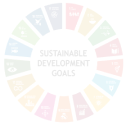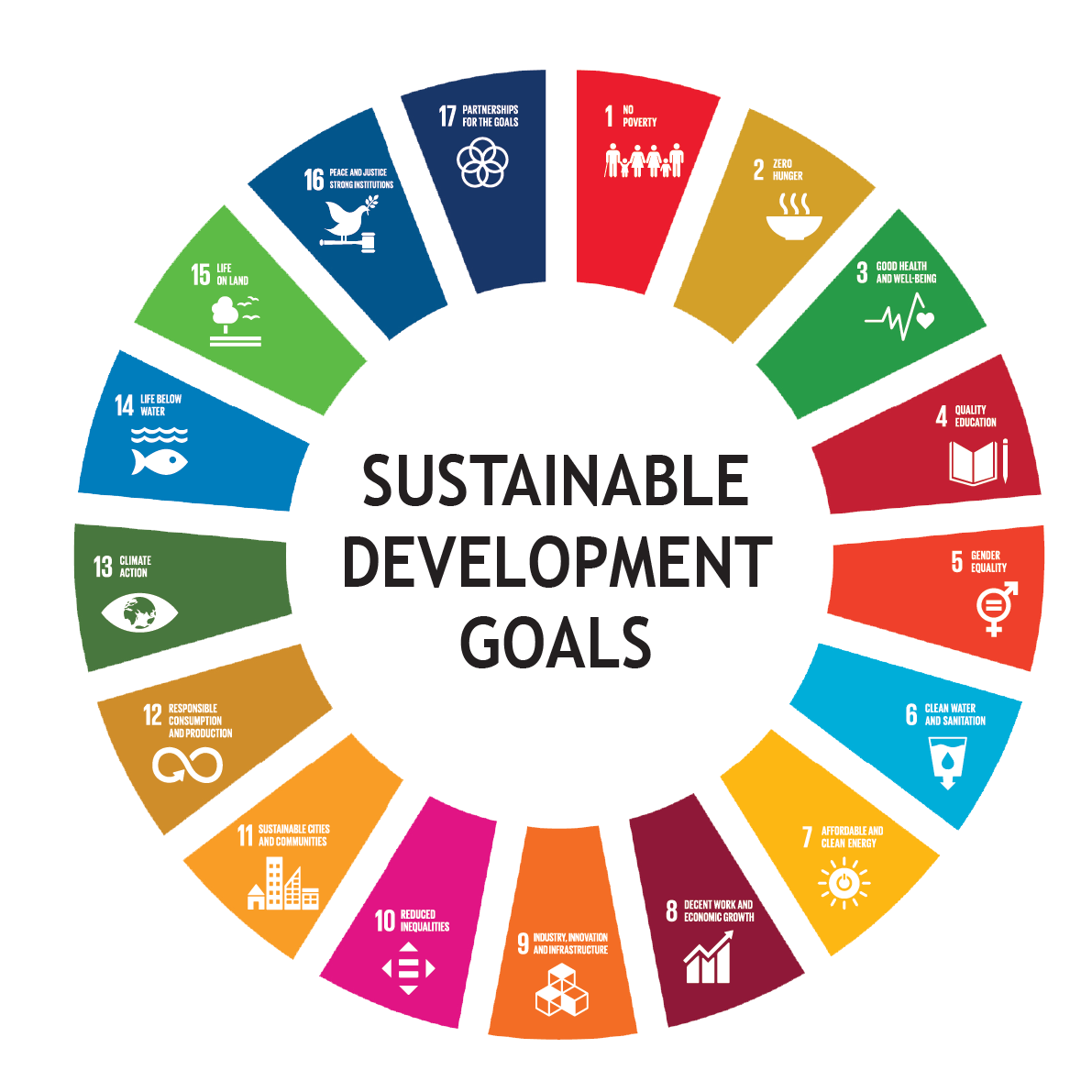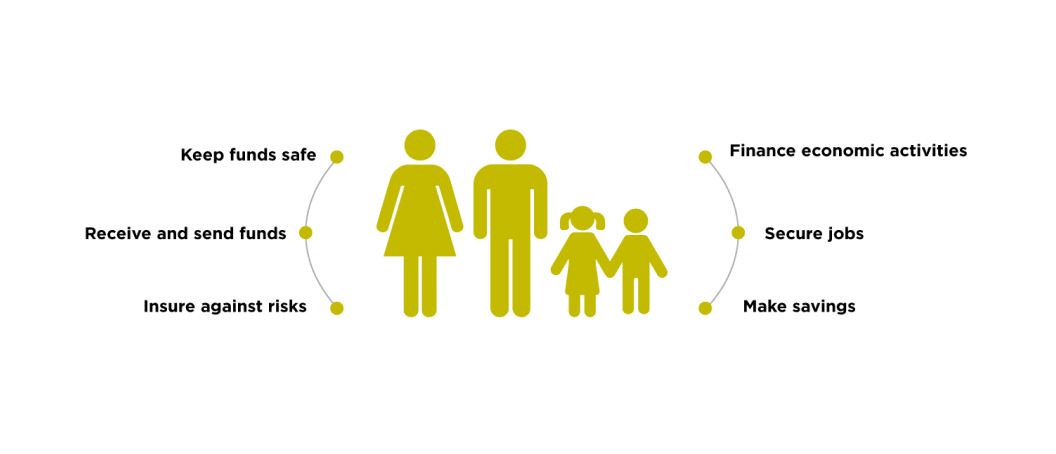Forced displacement is one of the most pressing challenges of our time. According to the UNHCR Mid-Year Trends Report for 2023, in July this year the number of forcibly displaced people worldwide was estimated at 110 million. The scale of the crisis is impeding progress towards achieving UN Sustainable Development Goals (SDGs) as well as commitments to “leave no one behind.” The protracted and complex nature of forced displacement requires that urgent life-saving humanitarian support be complemented by development action, such as financial inclusion.
Financial inclusion empowers FDPs to cope under extremely difficult circumstances while also meeting their broader, long-term financial needs. Access to formal financial services creates conditions for FDPs to establish coping mechanisms, build self-reliance and resilience, apply their skills and competencies, restore their livelihoods, realize their full potential, and live with dignity. In turn, they can contribute to the economic growth of their host country, voluntarily return home or resettle in a third country.
Specific challenges in advancing policy and regulation for the financial inclusion of FDPs include:
- Limited data on FDPs and their financial needs, for example, the Global Findex does not include financial inclusion data on FDPs.
- National risk assessments and national financial inclusion strategies often exclude FDPs.
- FDPs lack acceptable identification to satisfy Know-Your-Customer requirements that comply with global anti-money laundering and countering the financing of terrorism (AML/CFT) standards.
- Financial service providers do not view FDPs as a viable client segment and do not design services and products that are tailored to their unique needs.
AFI supports peer-to-peer learning on financial inclusion initiatives that can offer the same opportunities for FDPs as citizens or other country residents, but only when adapted and applied appropriately. Successful programs and best practices indicate that it is necessary to carefully tailor approaches while taking the FDP context into account and adding complementary services where needed.
Financial policymakers and regulators in emerging economies are taking significant steps to adopt innovative policy and regulatory approaches in order to financially include FDPs. In the past year, several AFI members, such as Central Bank of Mauritania, Da Afghanistan Bank and National Bank of Rwanda, implemented policy and regulatory reforms that enhanced access to formal finance for FDPs living within their jurisdictions. This is in addition to efforts by other members, including Bank of Tanzania, Bank of Zambia, Bank of Uganda and Central Bank of Jordan, which have championed this issue for several years now.

 About
About
 Online
Online
 Data
Data



























